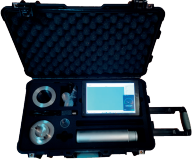hotline:020-29026320 |13903018415
-
-
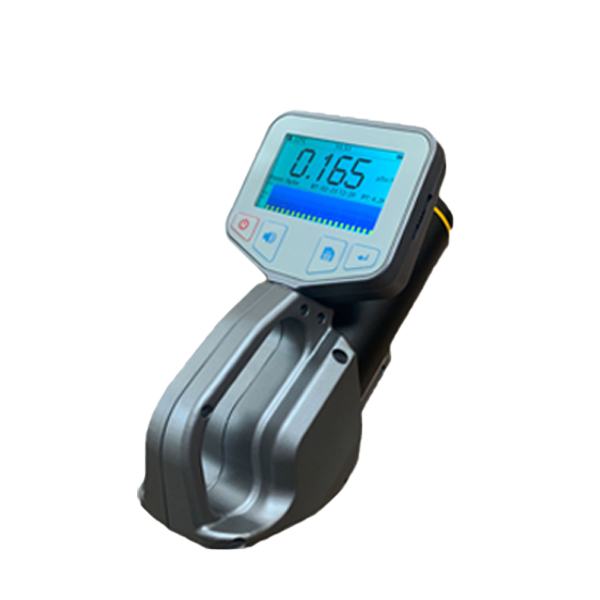
Radiation detection instrumentation
-
HYGP-2223 exposure type X, γ radiation measuring instrument
-
HYGP-2223BX, gamma dose rate meter (with tripod)
-
FI-329M intelligent household nuclear radiation detector
-
HY-2000M digital multi-channel gamma spectrometer
显示更多 -
-
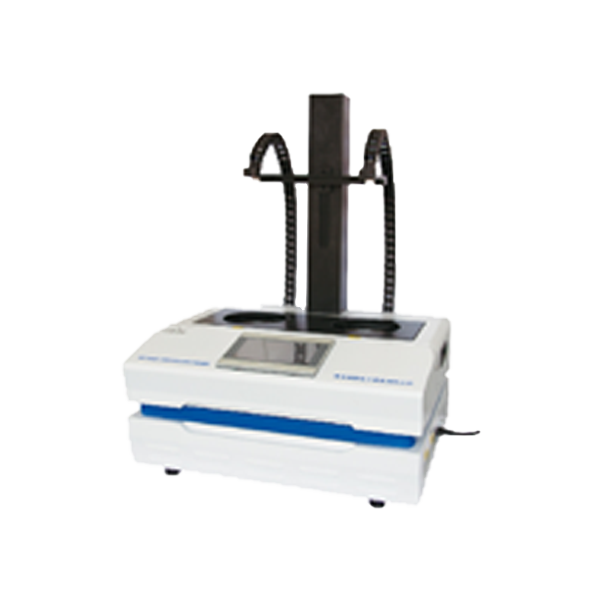
Laboratory Equipment
-
Radioactive distillation apparatus in water
-
2200Q portable turbidity meter
-
SPE Solid Phase Extraction Device
-
Portable spectrophotometer
显示更多 -
-
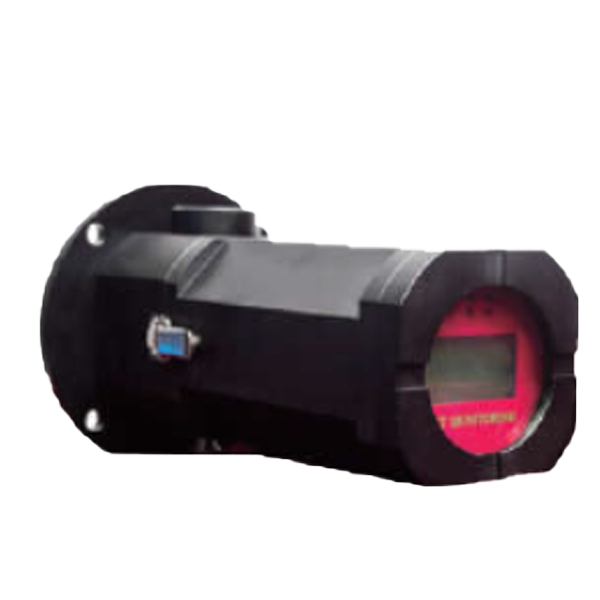
Portable environmental monitoring equipment
-
VOCs gas analyzer
-
Portable handheld VOC detector
-
Portable all-in-one multi-parameter analyzer
-
Dust detector
显示更多 -
-
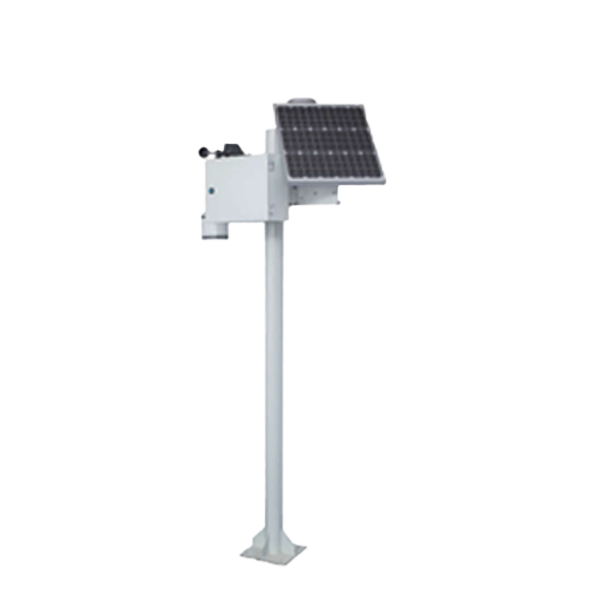
Environmental online monitoring system
-
CM-WG8200 grid air quality detection system
-
On-line monitoring system for CM-VOCs-5000 volatile organic compounds
显示更多 -
-
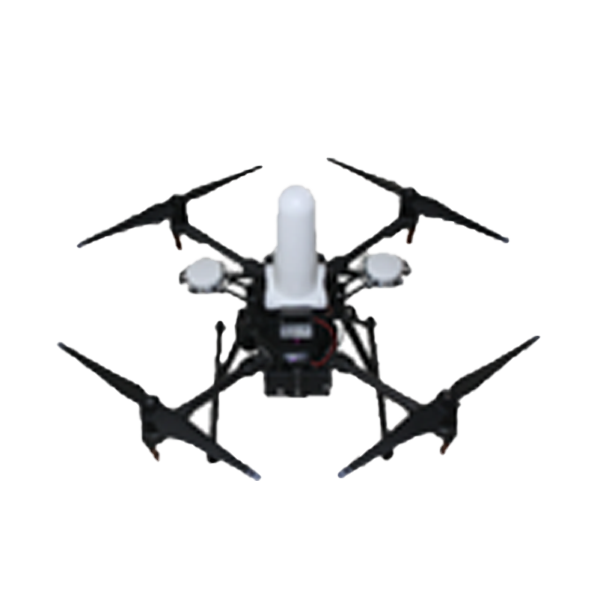
UAV Online Environmental Monitoring
-
OS-2 UAV Electromagnetic Environment Monitoring System
-
Nuclear emergency radioactive source search UAV
-
UAV Monitoring System
显示更多 -
-
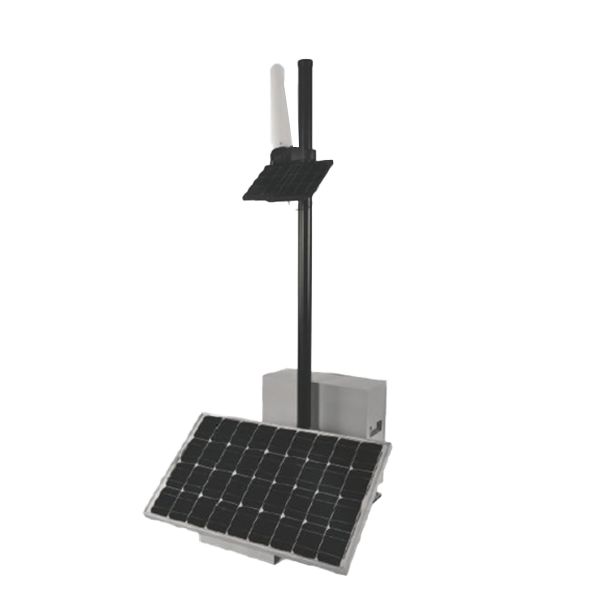
On-line Monitoring System of Electromagnetic Radiation
-
On-line Monitoring System of Electromagnetic Radiation
-
Automatic Monitoring System of HYEH460 Electromagnetic Radiation
-
HY-900A launch type radiation environment automatic monitoring station
-
OS-8 S Frequency Selective Electromagnetic Environment Online Monitoring System
显示更多 -
-
Encyclopedia of Laboratory Equipment Knowledge
2024-12-16
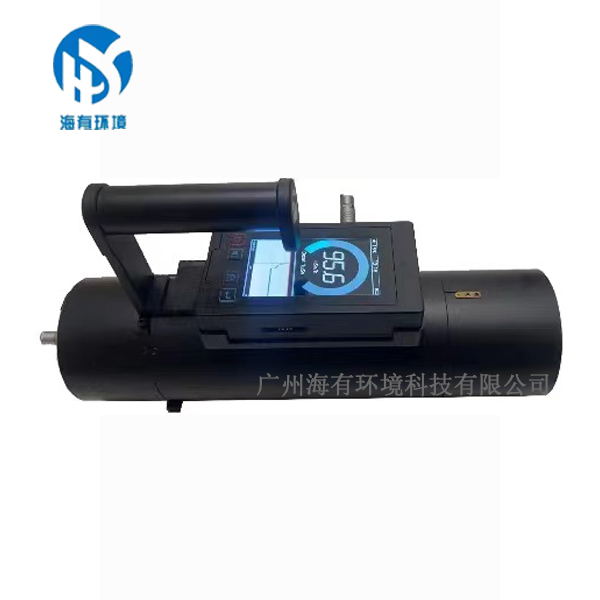
Laboratory equipment is an important tool for researchers conducting experimental studies. Common laboratory equipment includes various instruments, devices, and laboratory glassware. Instruments include spectrometers, analytical balances, microscopes, etc., which play a crucial role in scientific experiments. Laboratory glassware includes test tubes, dishes, beakers, etc., which are used for holding, stirring, or heating reagents.
In the selection and use of laboratory equipment, researchers need to master relevant knowledge. First, researchers need to understand the principles and operating methods of different laboratory equipment to ensure the accuracy and safety of experimental operations. Secondly, researchers need to have a certain understanding of the maintenance and care of laboratory equipment, regularly cleaning and maintaining the equipment to extend its lifespan and ensure the accuracy and reliability of experimental data. Finally, researchers also need to understand the safety operation specifications for laboratory equipment to avoid safety accidents caused by improper operation.
In summary, mastering relevant knowledge about laboratory equipment is crucial for researchers. Only by being familiar with the usage methods, maintenance, and safety operation specifications of laboratory equipment can researchers better conduct experimental research and achieve more scientific results.
Moreover, with the rapid development of technology, laboratory equipment is constantly being updated and upgraded, moving towards more intelligent, automated, and efficient directions. Researchers need to keep pace with the times, continuously learning and mastering the technologies and applications of new laboratory equipment. For example, high-throughput sequencers, mass spectrometers, flow cytometers, and other high-end equipment that have emerged in recent years have greatly improved the precision and efficiency of scientific experiments. Therefore, researchers should actively participate in relevant training and academic exchange activities, sharing experiences and technologies with peers, and continuously enhancing their professional competence and skill levels. At the same time, research institutions should increase investment in the updating of laboratory equipment, providing better experimental conditions for researchers and promoting continuous progress in scientific research. In this process, researchers should also pay attention to the compliant use of laboratory equipment and the protection of intellectual property rights to ensure the legality and innovation of research results.
Previous Page:

COOKIES
Our website uses cookies and similar technologies to personalize the advertising shown to you and to help you get the best experience on our website. For more information, see our Privacy & Cookie Policy
COOKIES
Our website uses cookies and similar technologies to personalize the advertising shown to you and to help you get the best experience on our website. For more information, see our Privacy & Cookie Policy
These cookies are necessary for basic functions such as payment. Standard cookies cannot be turned off and do not store any of your information.
These cookies collect information, such as how many people are using our site or which pages are popular, to help us improve the customer experience. Turning these cookies off will mean we can't collect information to improve your experience.
These cookies enable the website to provide enhanced functionality and personalization. They may be set by us or by third-party providers whose services we have added to our pages. If you do not allow these cookies, some or all of these services may not function properly.
These cookies help us understand what you are interested in so that we can show you relevant advertising on other websites. Turning these cookies off will mean we are unable to show you any personalized advertising.
online message
Telephone:13903018415(Manager Wang)
Business: 020-29026320
E-mail:wangxueli@haiyoukj.com
Address: Room 703, Tian 'an Innovation Building, Panyu Energy Saving Science Park, 555 Panyu Avenue North, Donghuan Street, Panyu District, Guangzhou

Sweep code attention



